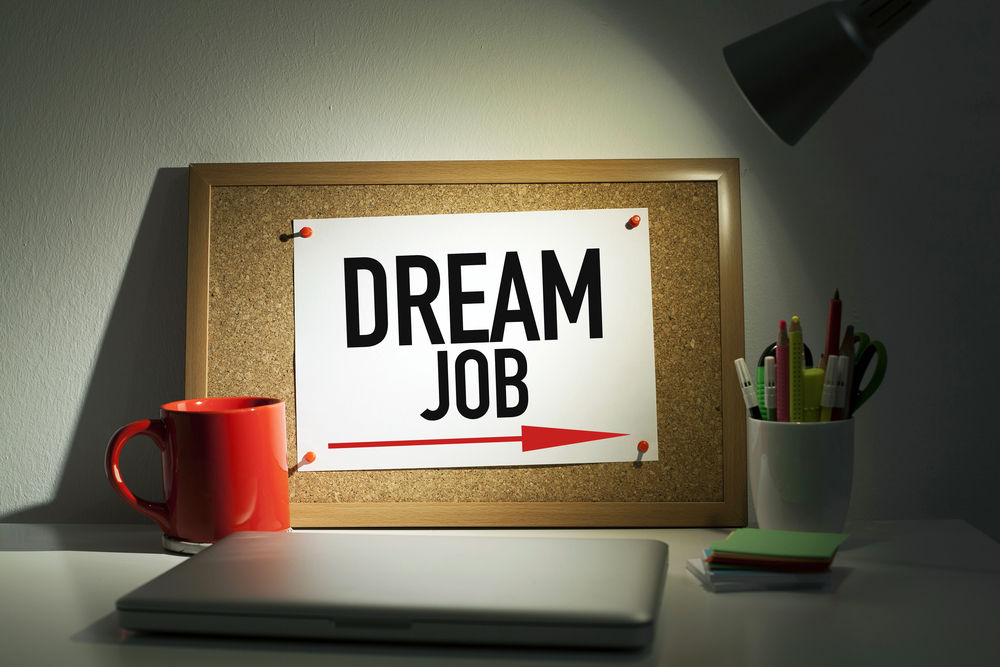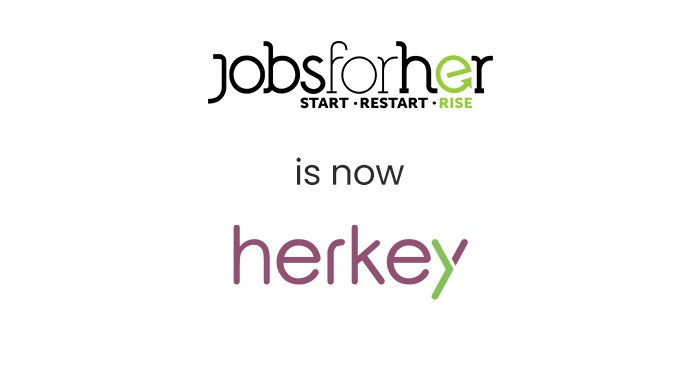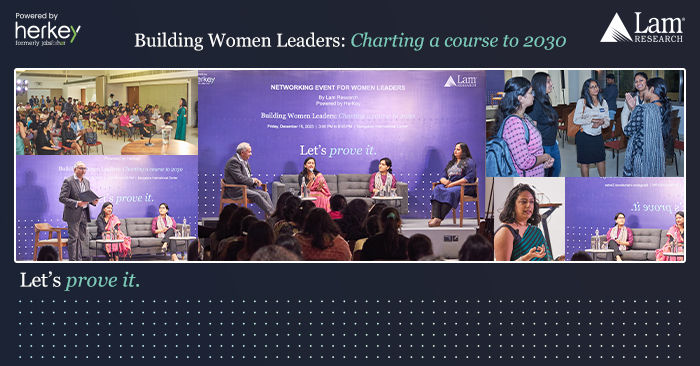Resume and Cover Letter go Hand-in-Hand
- Ujwala Thirumurthy
- in
- Back to Work, Career Development
- |
- 29 Mar 2019

It’s hard to write an impressive resume, but I’ll tell you what’s even harder… writing a cover letter! But it's important and it needs to be done because a resume and cover letter go hand-in-hand.
You may be a seasoned professional with a work experience of over a decade. Yet, when it comes to writing a cover letter, you are stuck like a duck in the muck, particularly, if you’re just starting your career or getting off a career break.
There are thousands of highly-skilled candidates vying for a limited number of jobs. So, when you decide to look for an opportunity to rise in your career, how do you make sure that you are well placed to fight the odds of landing an interview, let alone getting that dream job?
What if I say you could win a chance to get mentored, which would help you in writing your resume and cover letter?
Yes, the Best Resume Contest is back, and not only will you get a chance to meet your dream company, you also win a chance to get mentored by an industry expert. So... don't waste any more time, and get down to writing your RESUME. Send us your resume soon!
A Cover Letter Is the Game-Change
While a resume will provide you just enough space for your experiences, roles, and academic qualifications, a cover letter gives you enough space to sketch your personal traits and characteristics that will tell the employer why YOU are perfect for the job. And for women looking to step back into the workforce use the opportunity to highlight your career break in a positive light, and don't be afraid to tell them WHY you took that break in the first place.
Besides, this document can earn you an interview, and take you through it like a breeze.
But how do you write an effective cover letter?
Here’s everything you need to know!
10 Reasons Why a Cover Letter is a MUST
- Ice-Breaker: How often have you gone to an interview where the first question you’re asked is “Are you carrying a copy of your resume”? With a well-thought-out cover letter, you can skip the awkward silence and the random small talk because you have already established a rapport with the interviewer. No wasting time, just straight down to business. That’s a bonus for both parties.
- Puts a Positive Spin on Your Career Break: Take the opportunity to highlight the essential skills you’ve picked up during your career sabbatical. This tells the employer that you actually used the years away from work to improve on your existing skills and/or learn new ones.
- Outlines Your Expectations: A cover letter tells the employer how you would fit into the role you’ve applied for, and how exactly your qualifications will help you perform that role (something that a resume will not do).
- Builds Your Identity: It tells the employer who you actually are besides the degrees and years of experience. You may be a great computer programmer, but your cover letter could highlight that you have excellent communication skills too!
- Tells the Employer why they Need You: A cover letter gives you that golden opportunity to tell the employer why they want to hire you instead of telling them why they should. Use the space to elaborate on your skill sets in the context of the company’s policies so they see you as part of a team working towards a common goal, even before you’re a part of it.
- Provides Additional Information: No employer/manager/interviewer really cares about how many marks you scored in 10th, all they want to know is whether or not you will be able to perform the role you’ve applied for, efficiently. A cover letter which tells them a little more about you is a value added to a resume, which highlights your academics and experience.
- Focuses on Your Most Powerful Professional Stints: A cover letter gives you the opportunity to highlight the stand-out phases in your professional life, thereby directing the employer to your key strengths and unique selling points. You’re also giving them sufficient proof of your credibility, creating a win-win situation for both parties.
- Shows off Your Writing Skills: Even if you don’t like to write, an engaging introduction will have the hiring manager hooked on for at least the first paragraph. Use the power of words to highlight your unique selling points, in prose.
- Makes them Want to Know More About You: If you’ve highlighted the most significant parts of your career, chances are the discussion that ensues will be more about YOU than your current career experience, or in our case, lack thereof to show.
- Helps You Rediscover and Reassess: If you want to know more about yourself, sit down and write. A resume and cover letter help you see your experiences, your goals and your expectations in a different light. It provides an opportunity for you to reassess the work you are doing and the kind of work you want to do.
Now that we’ve established its importance, it’s imperative that you write a GOOD cover letter. One that’s inviting reasons, yet leaves a hint of mystery about you.
Tips to Write that Perfect Cover Letter
- Be Job-Specific: There’s no one-size-fits-all concept with a cover letter. Change it based on the type of job you’ve applied for. Just as you will do to your resume.
- Use Strong, Effective Words: Yes, you can write, but don’t ramble on. Keep it professional.
- Stick to a Format: Don’t be erratic with your writing. Whether you go chronologically or start from the most recent work experience, or simply highlight the important bits of your career-run, make sure to connect the dots. No one likes a jigsaw puzzle for a cover letter.
- Give Yourself due Credit: It’s your space, make use of it. Highlight your biggest strengths and USPs, unapologetically.
- Put down Interests/Experiences Relevant to the Job: I’m sure we all have a section on “Interests/Hobbies” on our resumes. No employer wants to know whether you like to swim or cook or collect coins, if the role you’re up for is that of a team lead in a corporate firm. However, personal blogs or published pieces of work relevant to your job at hand will work wonders.
- No Room for Negativity: A cover letter is a “cover” that goes along with your resume, which is essentially a self-promoting document. Use positive experiences to highlight your skills that will come in handy in the role you’ve applied for.
- Do not Repeat Information: Age, sex, current job title, number of years, it’s all in the resume, don't repeat the same in your cover letter. Instead, use this space to create a more reliable image of you. Make each word count.
- Don’t Give Away Too Much: Save some for the actual interview.
- Don’t Name Your Cover Letter 'COVER LETTER': Put your name and job title applied for, so the employer immediately knows who it belongs to.
Think creatively, write practically, and end dramatically. The task of writing a cover letter that helps your profile stand out from the rest can be overwhelming. Think of it as the relationship between dieting and exercising. You can't achieve one without the other.
Spend time writing it. Make it job-specific. Let it speak FOR you and ABOUT you.
Be proud of the lessons learned during your break, and be confident enough about using them in your next job.
So, what are you waiting for? Send us your resume soon and get a chance to meet your dream company.









